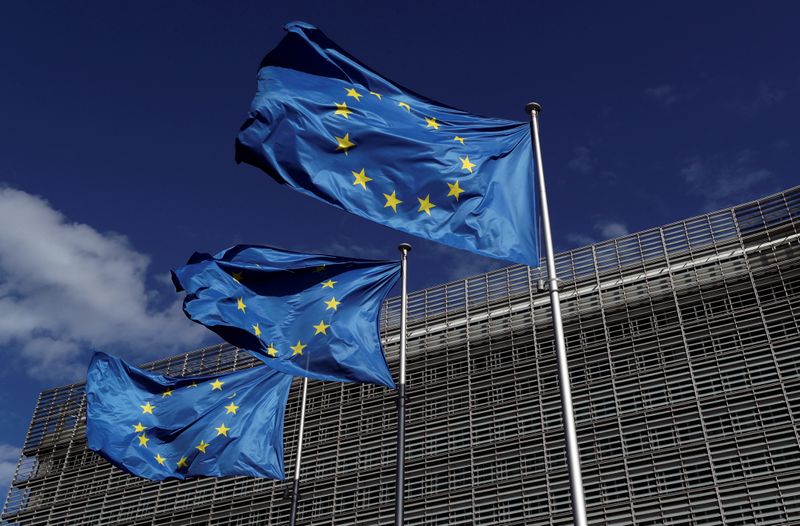By Kate Abnett
BRUSSELS (Reuters) - Fewer companies will be eligible for state compensation for some European Union carbon costs next year under new rules aimed at forcing polluting industries to reduce greenhouse gas emissions faster.
The EU carbon market is the bloc's central policy for cutting emissions, which it does by forcing power plants and factories to buy permits to cover their greenhouse gas output.
The scheme incentivises industries to pollute less, to avoid paying carbon costs. It also encourages them to become energy efficient - because power producers must pay carbon costs, and can pass on those costs to their customers.
National governments can compensate companies for the costs they incur through higher power prices, to discourage companies from relocating to outside Europe to avoid paying them.
But from 2021 industries will become more exposed to these costs, under rules designed to speed up their green shift.
The number of sectors eligible for this compensation will drop to ten from 2021, down from 14 today, the European Commission said on Monday.
Sectors significantly impacted by energy costs or with significant international trade exposure, with profit margins under pressure at international level or with limited potential for improving their energy efficiency will still be eligible for this compensation, because they are deemed most at risk of relocating.
National governments will be able to compensate companies for 75% of carbon costs incurred through power prices - the same rate as currently.
Firms will only get compensation if they invest in cutting emissions - such as through switching to low-carbon hydrogen fuel - in a bid to kickstart the deep cuts needed to deliver a new 2030 EU climate goal, which the bloc wants to agree this year.
The EU expects carbon market-covered emissions this year to be 21% below 2005 levels. Power sector emissions have driven that drop, as countries have switched off coal power plants, but industry's emissions have not decreased.
The state aid rules are part of a broader shift in EU policy to clean up polluting industries, which will also see companies receive fewer free carbon permits from next year.

Meanwhile, the EU plans to slap costs on polluting imports, to help European firms stay competitive while cutting carbon